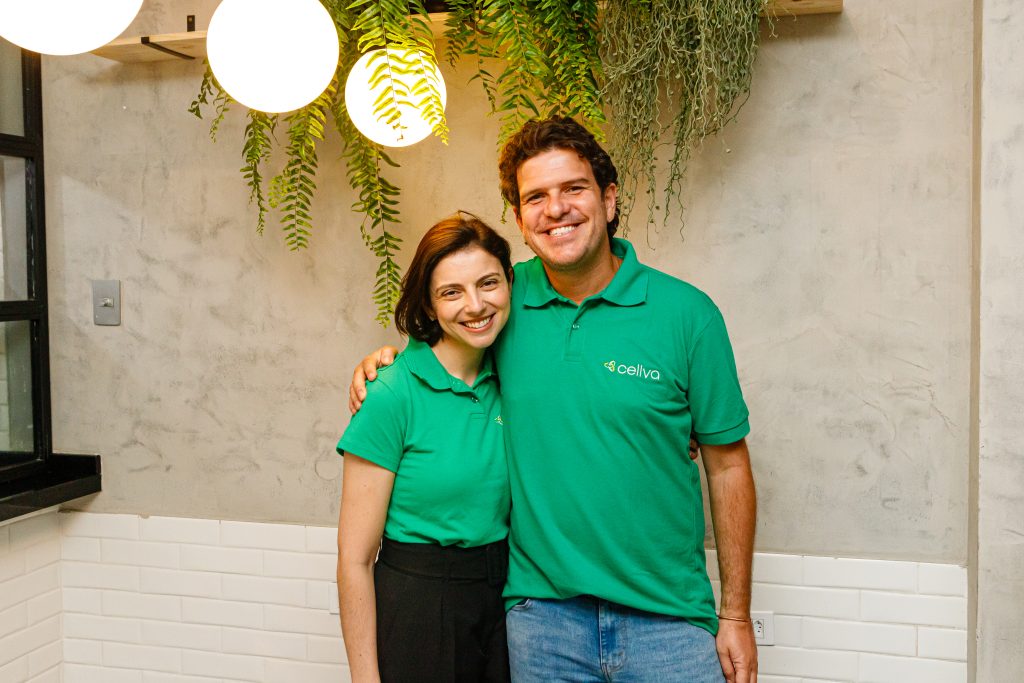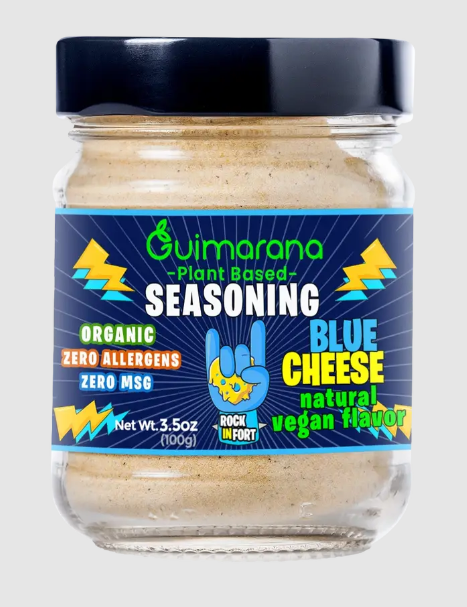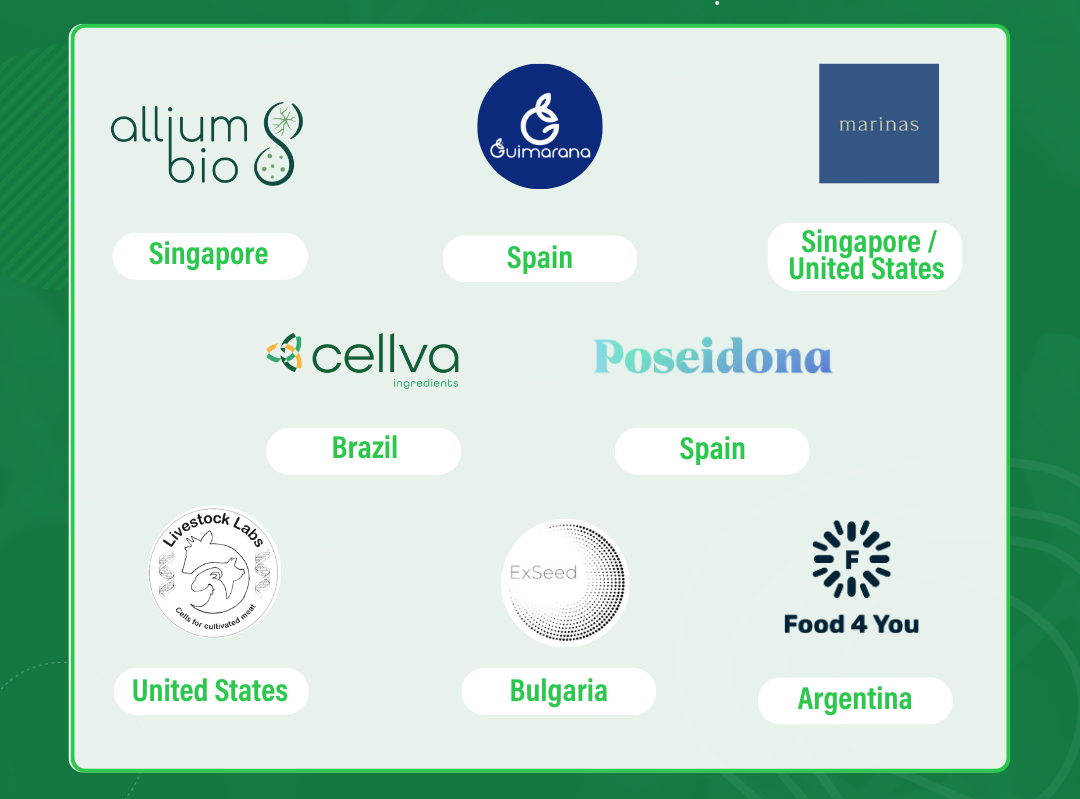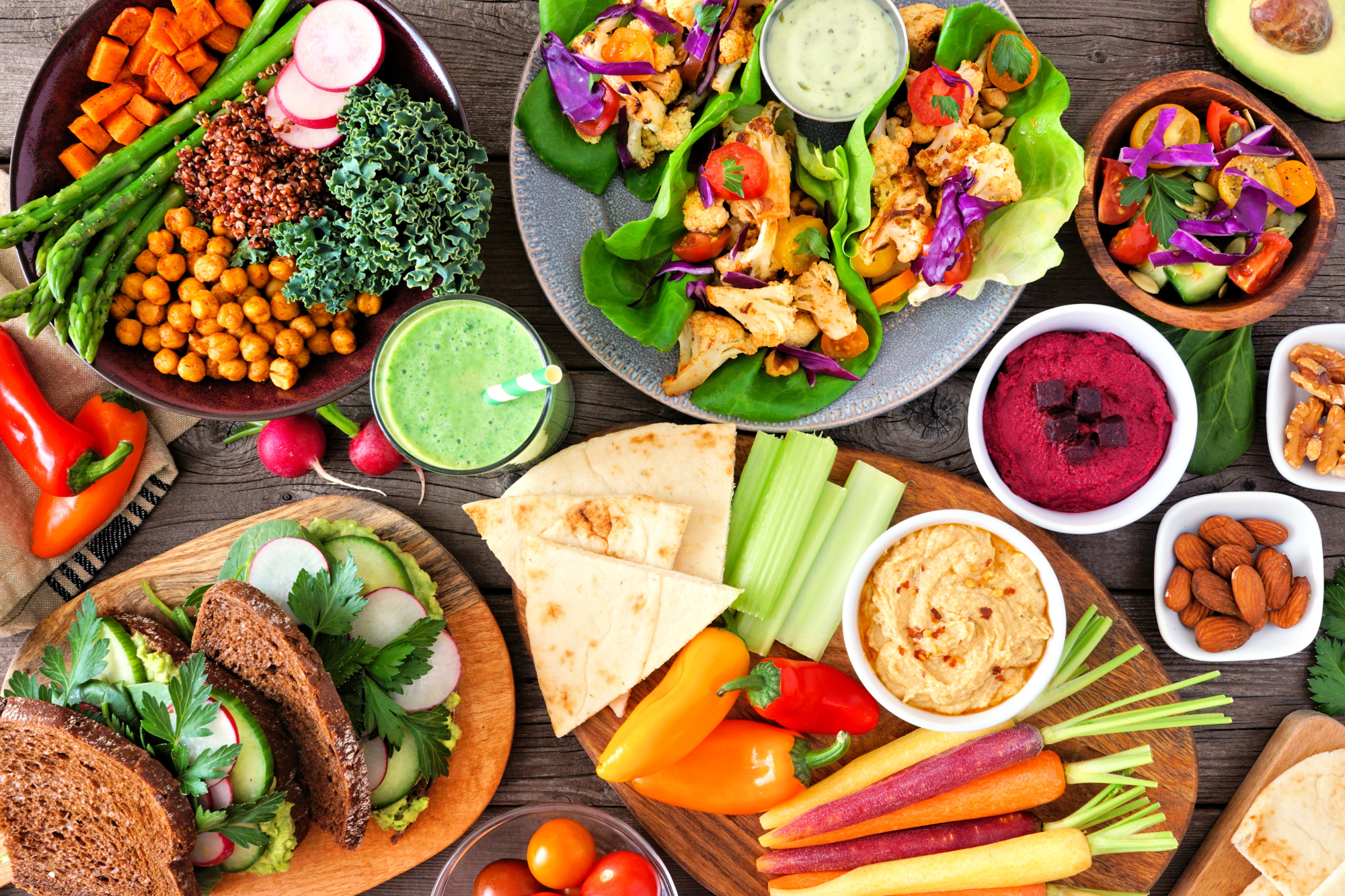From cultivated caviar to the ‘new soya’, these are the alternative protein food tech start-ups you need on your radar
The food and beverage industry is a rapidly evolving landscape, and one of the most significant shifts is the growing interest in alternative proteins.
As consumers seek healthier, more sustainable, and ethical food options, the demand for innovative plant-based, fermentation-enabled, and cultivated protein sources is on the rise.
To meet this demand, a new generation of food tech start-ups is emerging, poised to make a significant impact in 2024 and beyond.
So, who are some of these innovators?
In this article, we’ll introduce you to eight promising food tech start-ups that have the New Food Hub team very excited. The following companies are all taking part in the ProVeg Incubator’s 11th cohort and are sure to play a part in revolutionising the F&B industry.
“These startups are tackling some of the biggest challenges in alternative protein, from taste and nutrition, to pricing and scaling.”
Let’s meet them!
1. Allium Bio
Location: Singapore
Founded: 2022
Founders: Jonathan Ho and Albertus Sarwono
What they do: Co-culturing microalgae and mycelium for functional food ingredients

Allium Bio has developed a novel technology that enables them to create unique functional ingredients for use in plant-based meat, dairy, and other applications.
Using their co-culture system, they grow strains of microalgae and mycelium together, combining the strengths of each, while also leveraging unique interactions between the species. This optimises protein yield and total biomass at a fraction of the regular cost of production.
Allium Bio’s first product is a functional protein ingredient intended to replace soya protein and many common food additives.
2. Poseidona
Location: Spain
Founded: 2022
Founders: Sonia Hurtado and Maria Cermeno
What they do: Algal protein ingredients made with seaweed by-products

Algal protein “is the new soya”, say Poseidona Founders, Sonia Hurtado and Maria Cermeno. This startup uses its patent-pending technology to take seaweed by-products, like algal waste streams and invasive algae, and turn it into protein.
First, they turn it into protein concentrate and hydrolysate, then, they turn that into texturised protein, and then it’s used in consumer end-products, such as tuna steak. These protein ingredients offer competitive pricing, similar to soya concentrate, with a neutral taste, versatile applications, and strong nutritional profiles, with a wide range of uses to help drive innovation in the alt-seafood market. They will focus on Europe before expanding globally.
3. Cellva Ingredients
Location: Brazil
Founded: 2022
Founders: Sergio Pinto and Bibiana Matte
What they do: Cultivated fat and ingredients

Cellva Ingredients is the first company in Brazil to develop and produce animal ingredients through cell cultures, starting with a process for the production of cultivated pork fat. Their process requires only a small sample of animal tissue, collected only once.
The cells that have the highest nutritional performance are selected to be part of Cellva’s biobank, which will serve as a source for application in nutrient solutions for cell culture. The cell culture occurs on a large scale inside bioreactors with the potential for exponential multiplication. The resulting fat is food grade, GMO-free, hormone-free, antibiotic-free, animal-free, with non-synthetic ingredients, and completely safe from the contamination that traditional pork fat can offer.
4. Livestock Labs
Location: United States
Founded: 2023
Founder: Steen Ooi
What they do: Cell lines for cultivated meat

Livestock Labs uses genetic engineering to create reliable livestock cell lines that provide genetically stable cells capable of cost-efficient growth – the attributes required in order for the cultivated meat industry to be able to scale.
The team employs synthetic biology to create cells capable of unlimited growth using GRAS-certified substances. These cells are also designed to improve nutritional and sensory attributes and meet FDA standards for human consumption. Their revenue model includes licensing fees, partnerships, royalties based on sales, and the sale of specialised media formulations tailored for their cell lines.
5. Food 4 You
Location: Argentina
Founded: 2021
Founders: Antonieta Rodriguez de Olmos and Francisco Gil Garbagnoli
What they do: Unique bacteria combinations to improve plant-based foods using fermentation

Food 4 You develop new ingredients using unique combinations of lactic acid bacteria (LAB) to ferment plant-based food. These microorganisms produce compounds that improve texture, highlight flavour and enhance the nutritional profile. Their biotech solution leverages a vast combination of bacterial strains from which they can generate unique combinations and provide customised mixes to meet a food manufacturer’s specific requirements.
The fermentation time of these bacteria is optimised and quicker than commercial options. Use cases include yoghurt, cheese, dips and bean flours, using both submerged and solid-state fermentation.
6. Guimarana
Location: Spain
Founded: 2022
Founders: Antonio García Arnau, Víctor García Montero, Raúl Pageo Casanova
What they do: Seasonings and bouillons in meat, dairy and seafood flavours

Guimarana create natural flavourings in the form of seasoning blends, bouillons and broth powders that taste like meat, fish, seafood, and cheese when added to plant-based dishes. Their MSG-free, allergen-free, and organic products are versatile and enhance the flavours of plant-based proteins like tofu, seitan, and texturised vegetable protein.
Their range includes lamb-flavour vegan bouillon, pork-flavour vegan bouillon, vegan shrimp seasoning, vegan cured cheese seasoning, vegan chorizo seasoning, vegan mushroom truffle and butter seasoning, vegan spicy bacon seasoning, vegan roast chicken seasoning, and vegan blue cheese seasoning.
Future plans include plant-based tuna and lobster products. They currently sell to distributors and retail as well as end customers and have 500+ points of sale to date.
7. Ex Seed
Location: Bulgaria
Founded: 2023
Founders: Boyan Kirilov Zahariev
What they do: Novel technology for sunflower protein production

Ex Seed is developing a novel technology for the optimal extraction of sunflower protein, which they say is a more wholesome and nutritious alternative to soy and pea proteins.
They take sunflower presscakes, a currently underutilised material, and create sunflower protein, which has a wide range of applications in plant-based foods and supplements. The technology is a proprietary upgrade of the ‘mild acidic method’, and provides a high yield, clean product, a competitive price offering, and a waste-free system.
Ex Seed’s team of engineers and scientists plans to continue refining the technology and their next milestone is to upgrade their lab to a pilot scale line to “bullet-proof the deep tech” and engage more markets.
8. Marinas Bio
Location: Singapore / United States
Founded: 2022
Founders: Allan Leung, A. Sally Davis
What they do: Cultivated seafood delicacies

Marinas Bio uses cellular agriculture to produce seafood delicacies, such as caviar, by replicating sturgeon cells. They aim to produce sustainable, traceable, nutritious seafood efficiently and without harming animals in the process.
By using biotechnology instead of aquaculture to cultivate these seafood delicacies, Marinas Bio says they can improve quality and consistency, as well as reduce production time and conserve keystone species in aquatic ecosystems.
Conclusion: Put these innovators on your radar
The alternative protein market is rapidly expanding, and these eight start-ups are set to drive innovation and meet the ever-growing demand for sustainable, ethical, and delicious protein alternatives.
- Remain informed and open to collaborations: Keep an eye on these companies in 2024 and beyond. Collaboration with these companies or keeping tabs on their progress can lead to potential partnerships, investments, or opportunities to incorporate their technologies into your own product lines.
- Stay ahead of consumer preferences and trends: Embrace the new players in the industry to cater to the evolving tastes and values of today’s discerning consumers. Stay responsive to market demands for healthier, sustainable, and ethical food options.
Learn more about ProVeg Incubator
The ProVeg Incubator is the world’s leading incubator of plant-based, fermentation and cultivated food startups. We are shaping the future of food by supporting pioneering companies developing disruptive alternatives to animal-based products and ingredients.
The above eight startups will take part in our 12-week programme, culminating in a Demo Day in December, where each startup will pitch their finely tuned businesses to a panel of investors and a global audience. Follow their journey, here.



